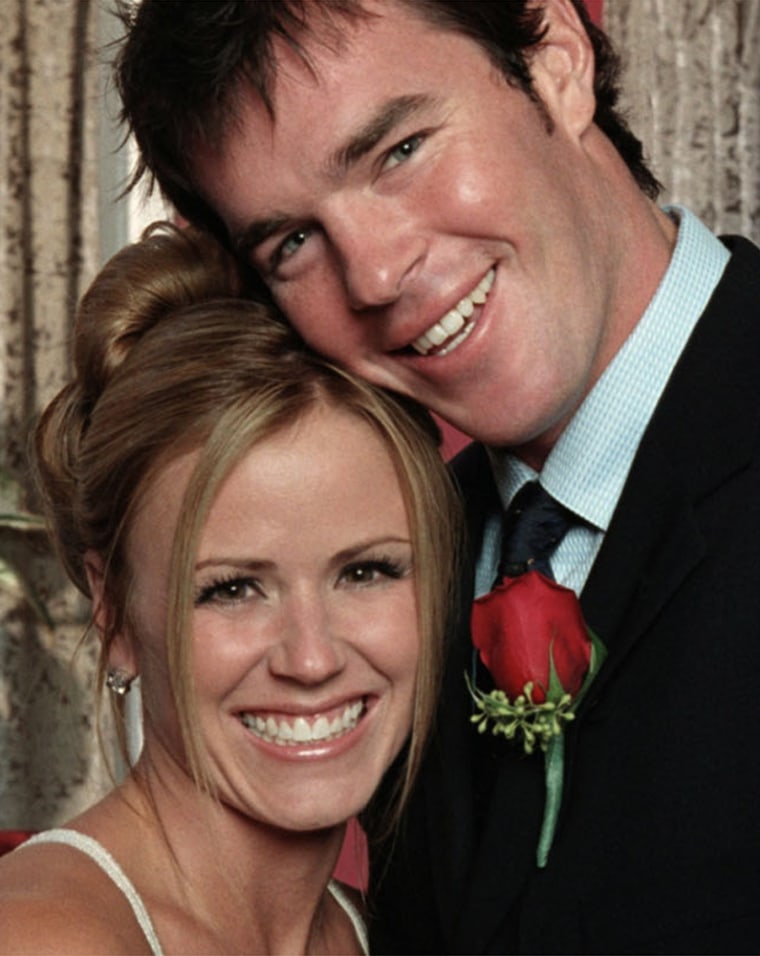The major television networks tried a bagful of tricks to get viewers to tune in during 2003, and almost all of them failed. That's why most broadcasters plan to go back to the basics in 2004.
Two of the most heavily hyped shows of 2003 turned out to be two of the biggest flops. NBC's thirty-something sex comedy "Coupling" was decoupled after four episodes, while Fox shed "Skin," its drama about the porn industry, after only three.
Both bombs say a lot about where the networks are headed in 2004.
"For 2004, I think with all networks that you will see less risk taking because of what we saw in 2003, that the riskier programs did not work and the ones that were tried and true and more middle of the road, they did work," says Karen McCallum of advertising agency McKee Wallwork Henderson.
What really worked was reality programming like Fox's "The Simple Life," NBC's "Average Joe" and ABC's "Trista and Ryan's Wedding."
Keep it real

Reality is rampant on the schedule for 2004. On NBC, 16 people compete for a job with Donald Trump on "The Apprentice." Fox launches another round of "American Idol."
"You're going to see a lot of what's called unscripted, put a camera on a real situation or real people in extraordinary situations, because those are the kinds of shows that for whatever reason are working with viewers," says Cynthia Littleton of The Hollywood Reporter.
With no big hit to replace "Friends," and with "ER" fading in the ratings, NBC is in danger of losing its top spot among 18- to 49-year-old viewers, which advertisers pay a premium to reach. (MSNBC.COM is a joint venture of Microsoft and NBC.)
Hot on the peacock's tail is Viacom's CBS, which has been gaining momentum with "CSI", "CSI Miami" and even freshman shows like "Two and a Half Men" and "Cold Case."
"I think CBS is looking very good here," says Tim Wallace, an analyst with UBS Securities. "In fact, we think CBS is headed for the number one position over the next several years."
Where are the guys?
The big question for next year: How to reverse a sudden drop in young male viewers. Some say they're spending more time on the Internet or playing video games. Others say the decline is a statistical fluke. But there's no denying the larger downward trend in network viewership.
"People just aren't watching as much television as they have in the past," McCallum says. "Whether or not we can get them to come back is the question that we'll have to answer in 2004."
This year marks the first time ever that the major networks saw their combined share of the television audience drop below 50 percent. Yet while broadcast network viewership continues to slide, the cable networks are seeing their numbers increase, a trend that's expected to continue in 2004.
